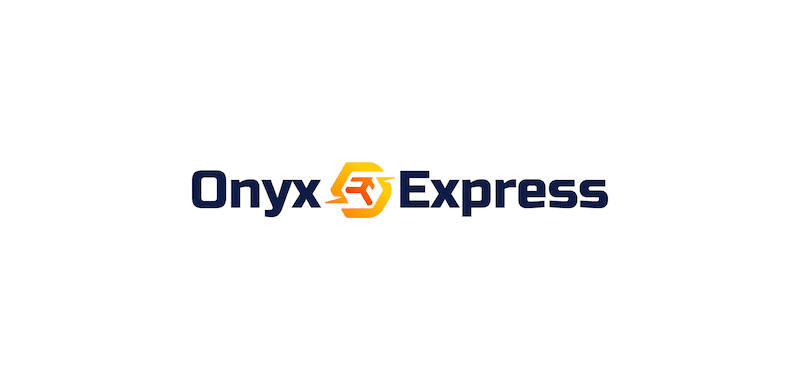
Coach-parent Tapestry has terminated its deal to acquire Michael Kors-owner Capri Holdings, the two companies announced Thursday morning.
The decision comes less than a month after a federal judge blocked the acquisition, which the US Federal Trade Commission had sued to stop, arguing that it would unfairly eliminate competition in the market for affordable handbags.
While Tapestry initially had indicated it would appeal the ruling, work on merging the two companies had ground to a halt. On Thursday, Tapestry said it and Capri had âmutually agreedâ to go their separate ways.
â[The] outcome of the legal process is uncertain and unlikely to be resolvedâ before a Feb. 10 deadline to complete the deal, which was first announced in August 2023.
Tapestryâs bid was the centrepiece of a strategy by the company to create an American answer to European luxury conglomerates such as LVMH, Kering and Richemont. It would have brought together six brands spanning accessories and footwear with Tapestryâs Coach, Kate Spade and Stuart Weitzman as well as Capriâs Michael Kors and Jimmy Choo. While the majority of the combined companyâs sales would have come from accessibly priced bags and other accessories, it would have also had a foothold in luxury with Versace, which Capri acquired in 2018.
Separately, the two companiesâ prospects quickly diverge. Tapestry is on a hot streak, with sales rising at its biggest brand, Coach, which has scored a series of viral hits such as its sold-out Empire bag and the Brooklyn shoulder bag as worn by Bella Hadid. Many investors were sceptical the company needed to take on the baggage that would come with Capri; Tapestry shares spiked more than 10 percent after the deal was blocked last month. On Thursday, Tapestry announced a $2 billion share repurchase programme and said it does not expect any acquisitions in the near-term.
â[We] believe there is no better investment at this time than our own stock,â Tapestry chief executive Joanne Crevoiserat said in a statement.
For Capri Holdings, however, the future looks gloomier. The company has struggled to turn around its marquee Michael Kors brand, which accounted for 69 percent of overall revenue last year, but where sales at the brand fell 16 percent in its most recent quarter compared to the same period a year ago.
In the first half of 2024, Capri generated $2.1 billion in revenue, a decrease of 15 percent year-on-year, driven by a double-digit decline in wholesale and a slowdown in Asia. Sales at Michael Kors dropped 15 percent compared to the same period last year, while Versace sales fell 22 percent. Operating margin plummeted, from 10.6 percent last year to 2.2 percent.
âDue to the merger, we did not place as much of an emphasis on our long term planning,â Capri CEO John Idol told analysts in a conference call Thursday. âAt the same time, we made a number of missteps in our efforts to reposition our brands, in particular at Michael Kors and Versace.â
The companyâs stock plunged by nearly half after the judgeâs ruling.
âCapri is in a much more difficult position,â GlobalData analyst Neil Saunders wrote in an email. âThe company has been badly managed and has neglected its brands in the belief that a merger would happen ⦠[An] enormous amount of corrective action is needed to get things back on track, especially at Michael Kors.â
Capriâs strategy to move upmarket with the $2.1 billion acquisition of Versace in 2018 has also sputtered, though it has been able to grow its Jimmy Choo brand in recent years. The company has well-known brands and is ubiquitous in shopping centres and outlet malls, with 1,200 retail locations. However, it said Thursday it plans to cull underperforming stores, reducing Michael Kors locations to 650, from 750 today. It plans to renovate 150 existing stores.
The company sketched out a plan to revitalise its business on Thursday, centred on improvements to its product, wholesale distribution, customer communications and e-commerce capabilities.
At Michael Kors, it will be undergoing a strategic pricing review after attempting to raise prices âtoo quickly,â Idol said, and adjusting product mix to be a better balance of signature products and trend-pieces. In the past two years, the brand focused too much on fashion products and not enough on signature brand pieces.
On the Versace side, Capri sees a growth opportunity in wholesale, where the brand is under-penetrated compared to its peers.
âI am confident that we can return Capri Holdings to growth over time,â Idol added. âWe have a very solid balance sheet and we still are generating a significant free cash flow.â

